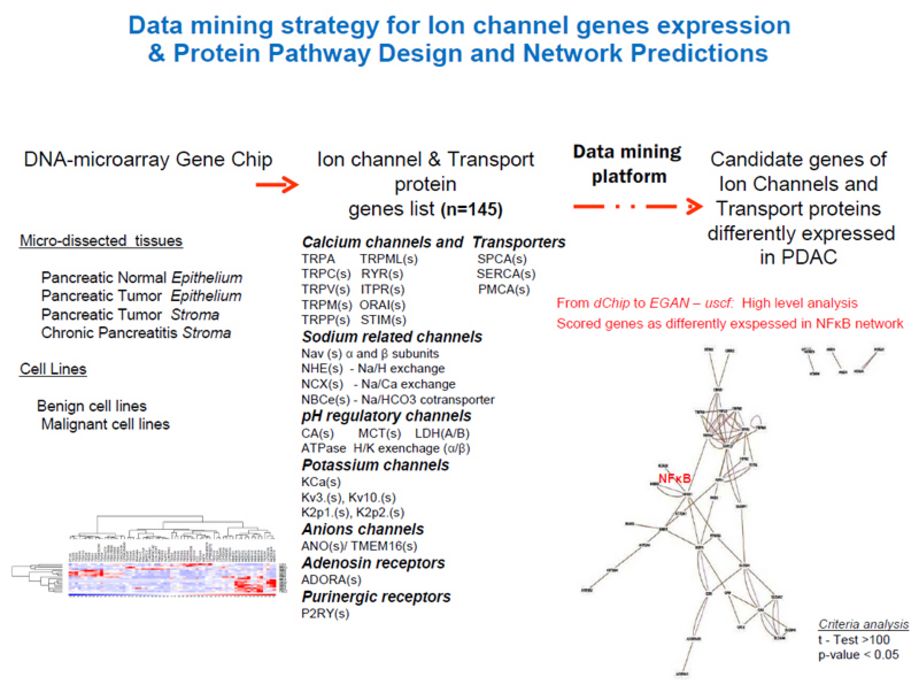Holger Kalthoff


Relevant publications:Egberts, J. H., V. Cloosters, A. Noack, B. Schniewind, L. Thon, S. Klose, B. Kettler, C. Forstner, C. Kneitz, J. Tepel, D. Adam, H. Wajant, H. Kalthoff, A. Trauzold. 2008. Anti-Tumor Necrosis Factor Therapy Inhibits Pancreatic Tumor Growth and Metastasis. Cancer Res. 68: (5), 1443-50. Lemke J, Noack A, Adam D, Tchikov V, Bertsch U, Röder C, Schütze S, Wajant H, Kalthoff H, Trauzold A. TRAIL signaling is mediated by DR4 in pancreatic tumor cells despite the expression of functional DR5. Journal of Molecular Medicine 2010 88(7):729-40. Haselmann V, Kurz A, Bertsch U, Hübner S, Olempska-Müller M, Fritsch J, Häsler R, Pickl A, Fritsche H, Annewanter F, Engler C, Fleig B, Bernt A, Röder C, Schmidt H, Gelhaus C, Hauser C, Egberts JH, Heneweer C, Rohde AM, Böger C, Knippschild U, Röcken C, Adam D, Walczak H, Schütze S, Janssen O, Wulczyn FG, Wajant H, Kalthoff H, Trauzold A. Nuclear Death Receptor TRAILR2 Inhibits Maturation of Let-7 and Promotes Proliferation of Pancreatic and Other Tumor cells.Voigt S, Philipp S, Davarnia P, Winoto-Morbach S, Röder C, Arenz C, Trauzold A, Kabelitz D, Schütze S, Kalthoff H, Adam D. TRAIL-induced programmed necrosis as a novel approach to eliminate tumor cells. BMC Cancer 2014 Feb 7;14(1):74Goumas F, Holmer R, Egberts J, Gontarewicz A, Heneweer C, Geisen U, Hauser C, Mende MM, Legler K, Röcken C, Becker T, Waetzig G, Rose-John S, Kalthoff H. Inhibition of IL-6 signaling significantly reduces primary tumor growth and recurrencies in orthotopic xenograft models of pancreatic cancer. Int J Cancer 2015, epub ahead of print.Books:Results and Problems in Cell Differentiation Volume 49, 2009Death Receptors and Cognate Ligands in CancerHolger Kalthoff (ed.), Springer